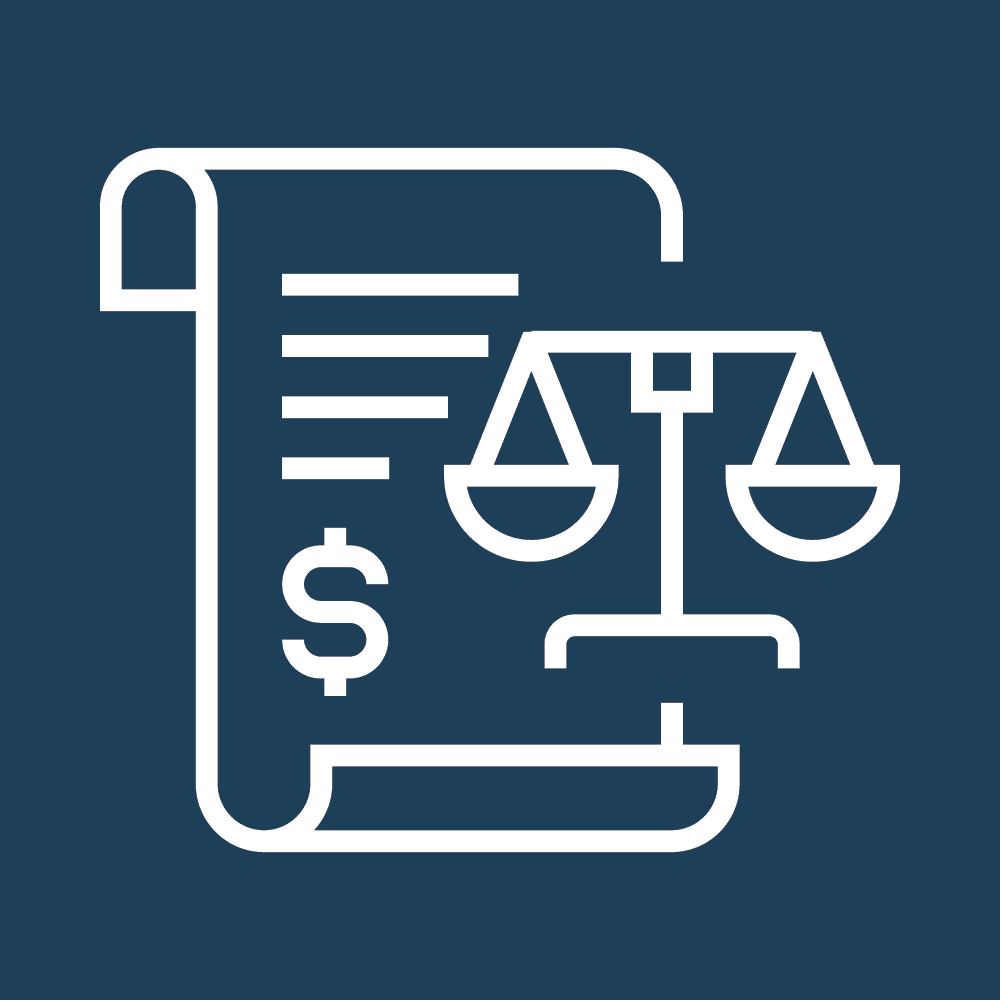
Litigation
MFC Lawyers are experienced litigators and will ensure that you have guidance and sound strategic advice if your matter is before the court.

Expert Litigators
The team at MFC Lawyers are experts in navigating the court system. We will ensure that you have guidance and sound strategic advice if your matter is in court, or your efforts to resolve your matter outside of the court process have failed.
— G. Delante“Exceptional lawyer! Happy with my outcome and would highly recommend.”
Ontario Court of Appeal
Ontario Family Court
Ontario Superior Court of Justice
Small Claims Court
Ontario Court of Justice

Cost Effective
Our lawyers respect that your time and resources are finite. That’s why our team will work directly with you to determine the best approach to resolving your matter.
Once you have decided on an approach, we will work tirelessly to ensure that your matter is resolved in the most expeditious manner.
FAQs About The Litigation Process
Click to read answers to some of our most frequently asked questions about litigation.
There are three major court appearances that must take place before obtaining a final resolution to your matter at trial. These appearances in a family litigation include a first appearance, a settlement conference, and a trial management conference. In a civil matter, the number of appearances will depend on whether the matter is in Small Claims Court or Superior Court but will include similar steps as a family matter.
At each step in a litigation proceeding, the expectation is that the parties make their best efforts to resolve as many issues as possible, and potentially settle the matter on their own with the assistance of their lawyers. Approximately 10% of matters will make it to the trial stage of the court proceeding, meaning that the majority of matters are resolved by the parties themselves prior to trial.
If your matter is in court, or is going to court, you can expect to attend each step and obtain an opinion from a judge as to the likelihood of success of your position at trial.
If you require temporary relief that cannot wait until trial, you can bring what is called a ‘temporary motion’. A temporary motion is a court proceeding before a judge who will make a decision that is meant to last only until a final order is made at trial. An example of relief sought at a temporary motion includes, disclosure of documents, release of information regarding potential witnesses, access/parenting arrangements, child support, spousal support, interim costs, exclusive possession of the matrimonial home, etc.
It is impossible to estimate the total length of time it will take to resolve your litigation. The duration of a court proceeding will depend on the complexity of the issues, the demeanour of the parties, court resources, lawyer and client availability, and a number of additional factors.
It is impossible to estimate the total cost that will be involved in resolving your litigation. The cost will depend on the complexity of the issues, the number of court appearances, the demeanour of the parties, the requirement of experts, the involvement of third parties such as expert witnesses, and a number of additional factors.




